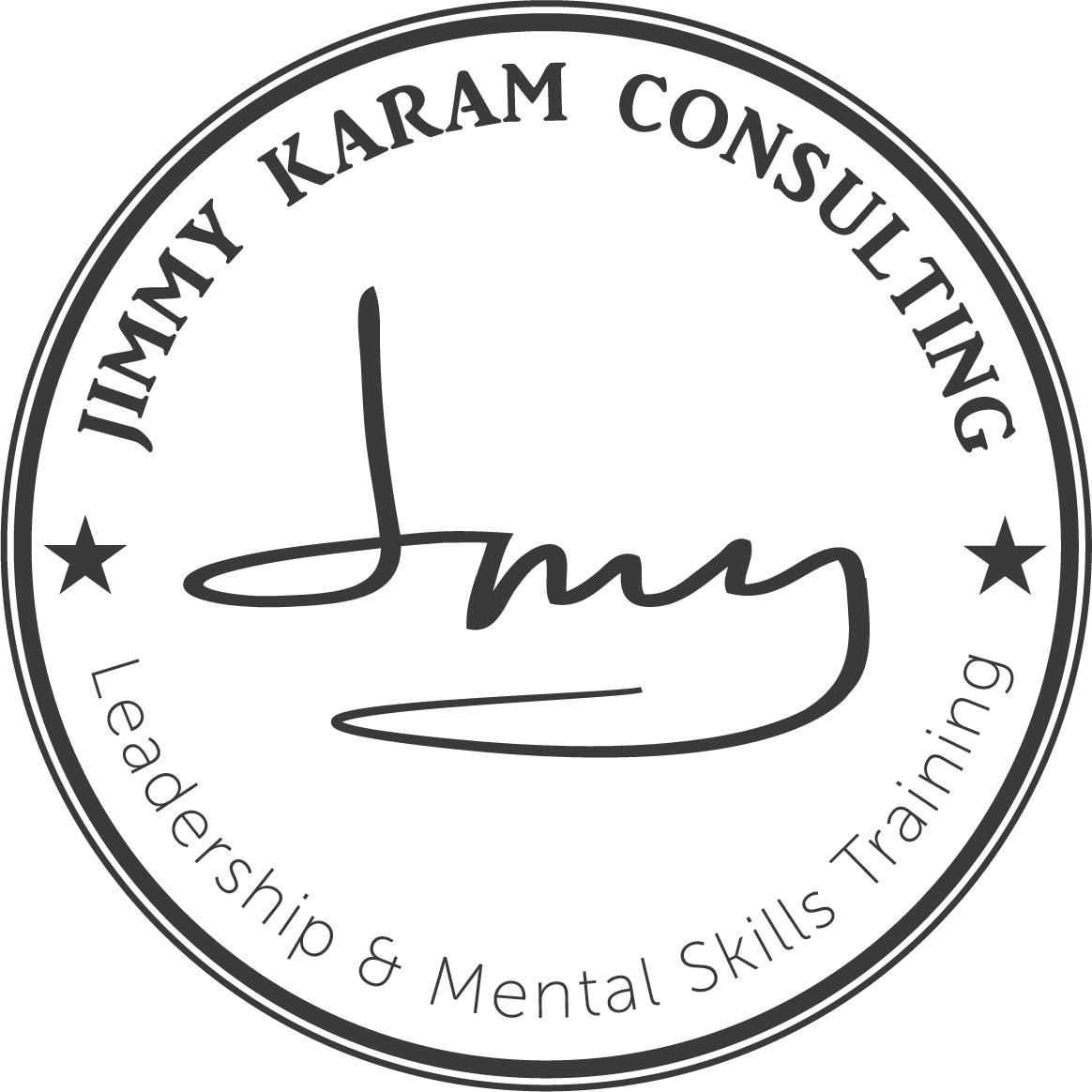Coaching youth sports is an opportunity for you as a coach to educate and repeatedly encourage your parents to make the Car Ride Home a positive experience.
The Car Ride Home is a great opportunity for your parents to bond with their children.
Let your parents know that the Car Ride Home is not the time for feedback; it is not the time to solve problems; it is not the time for criticism. No matter how constructive you think the criticism is, the Car Ride Home is not a teachable moment!
The Care Ride Home is a time to listen, to actively listen. Start with observing their body language. Parents can learn to allow their children to drive or even park the conversation. If their child does not want to talk during the Car Ride Home, then that is okay. Let your parents know that.
Encouraged parents to be okay to sit in silence and simply “Be Present” with their child.
Ask open-ended questions, and let your child process what they’ve just gone through.
“How did it go for you?”
“What went right?
“What do you feel like you can work on?”
Children will appreciate the space and time their parents allow them to process and/or decompress from the event.
The goal is to provide a supportive environment where our children freely process out loud and without being judged whatsoever.
Encourage your parents to reflect their child’s feelings. Do not direct them away from their emotions, but rather embrace them and allow the emotion time to pass.
These are all skills that are highly trainable and do not come naturally for many.
Thinking out loud, I take back what I wrote earlier about the Car Ride Home not being a teachable moment.
It actually is a teachable moment for the parents. It is a great opportunity for parents to learn about their children through active listening.
By doing so, you are creating a safe place for your child to process their thoughts and emotions.
Encourage your parents to actively listen during the Car Ride Home. Essentially,
1) Take notice of their child’s body language…to talk or not to talk…
a. If not to talk is the answer, then be comfortable in silence, Be Present.
2) Ask more open-ended questions,
3) Paraphrase any dialogue that may be occurring
4) Reflect their child’s feeling back to them,
5) Summarize the conversation at the end of the ride.
Jimmy Karam, CMPC
#recreationalcoaching
